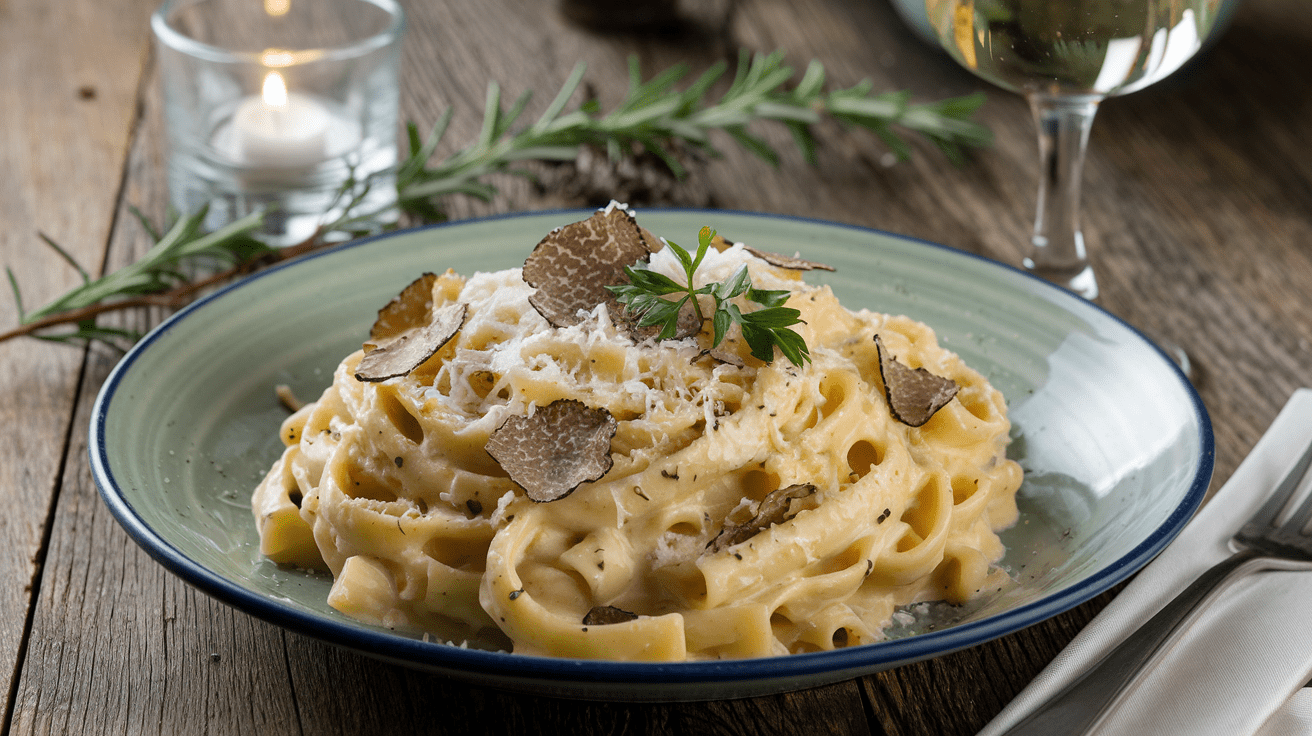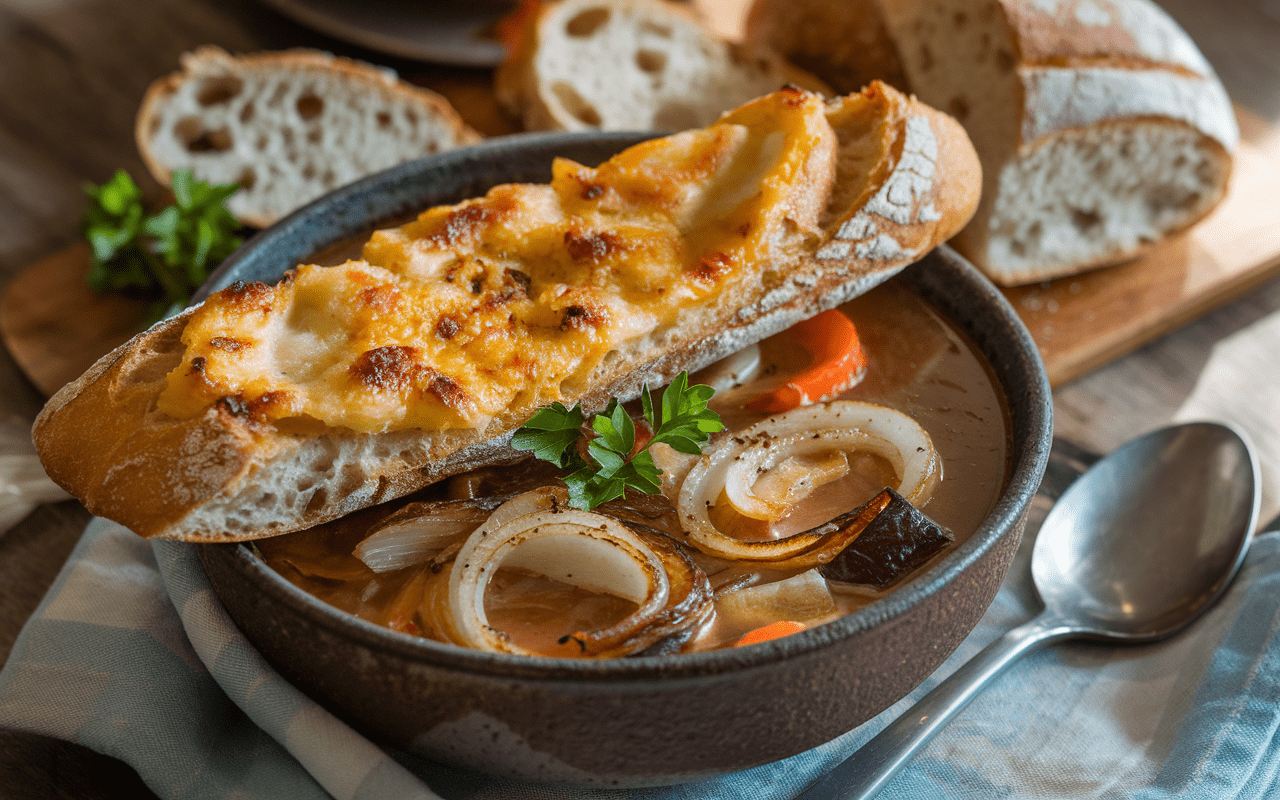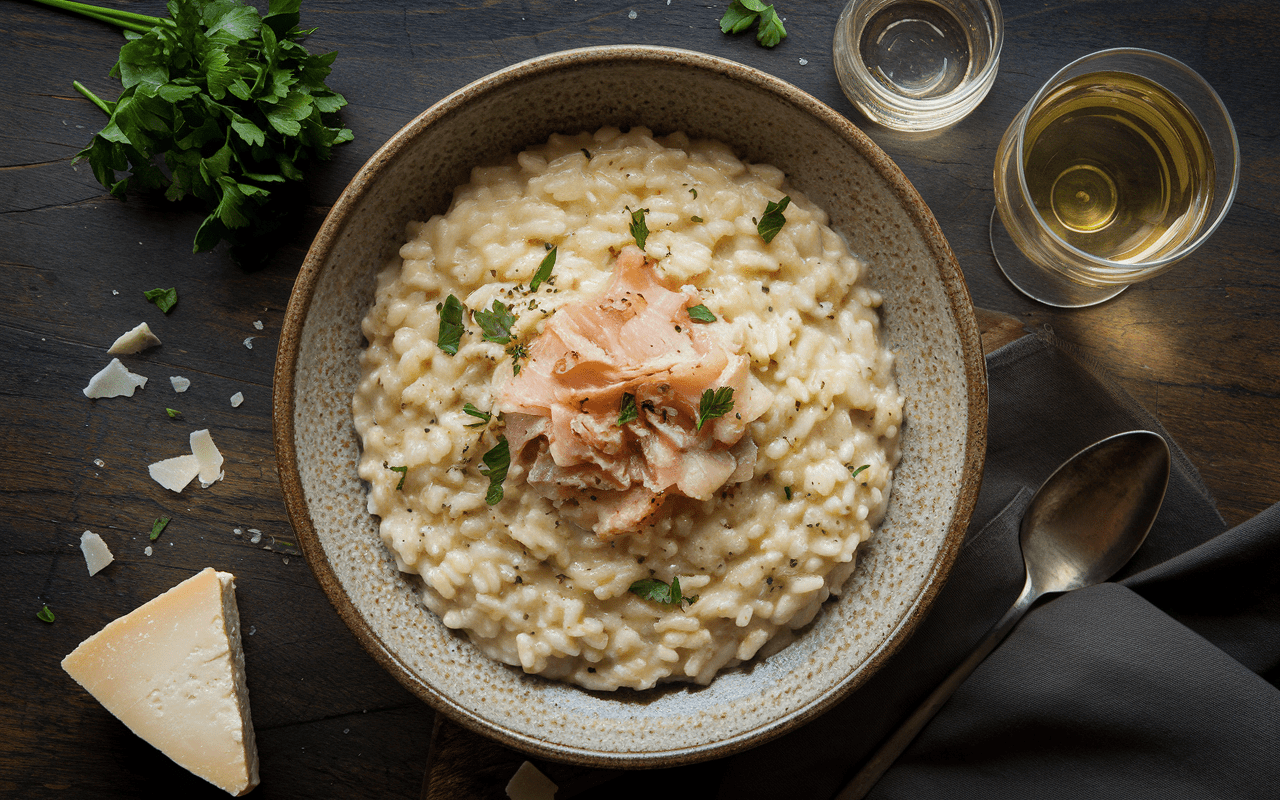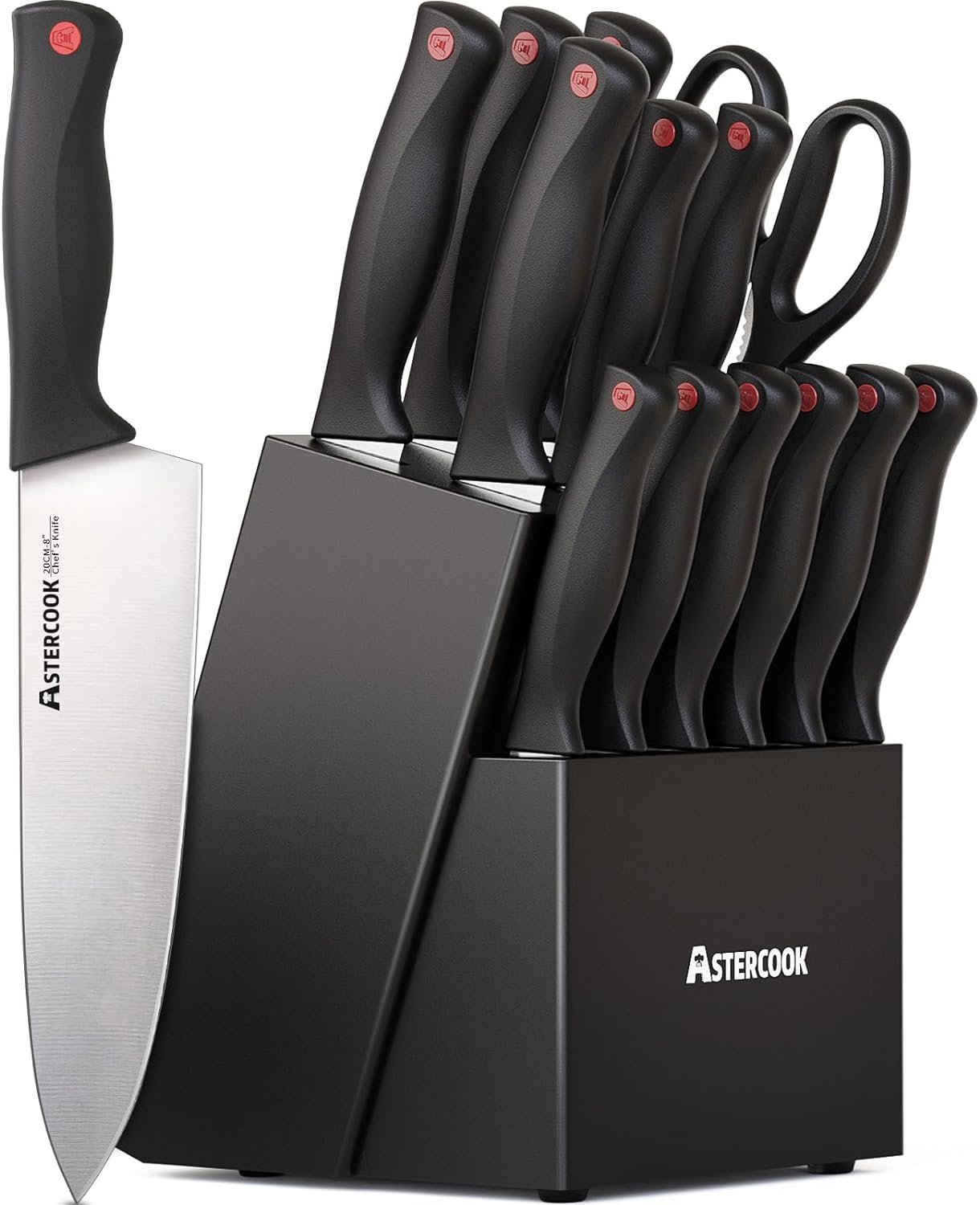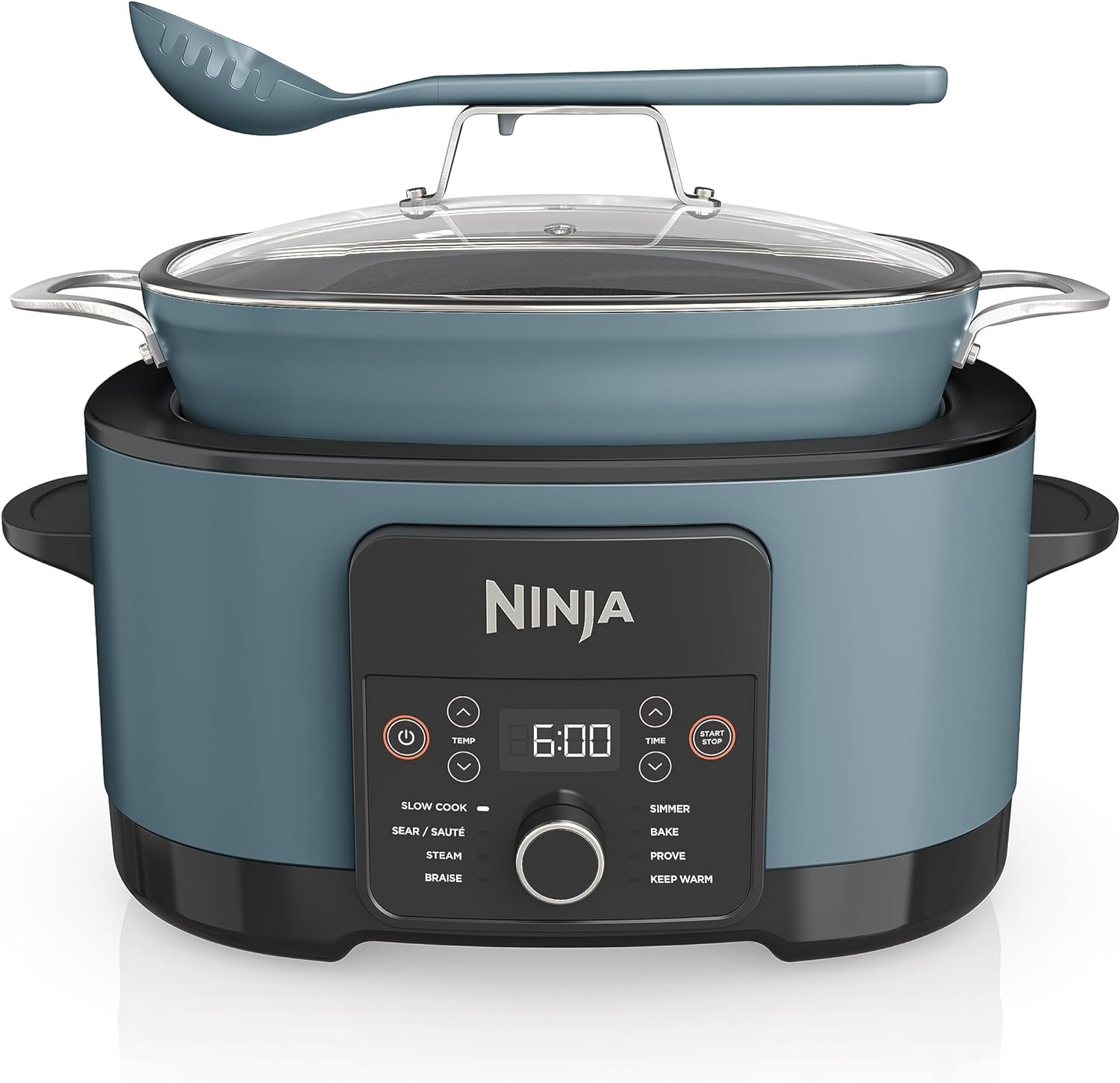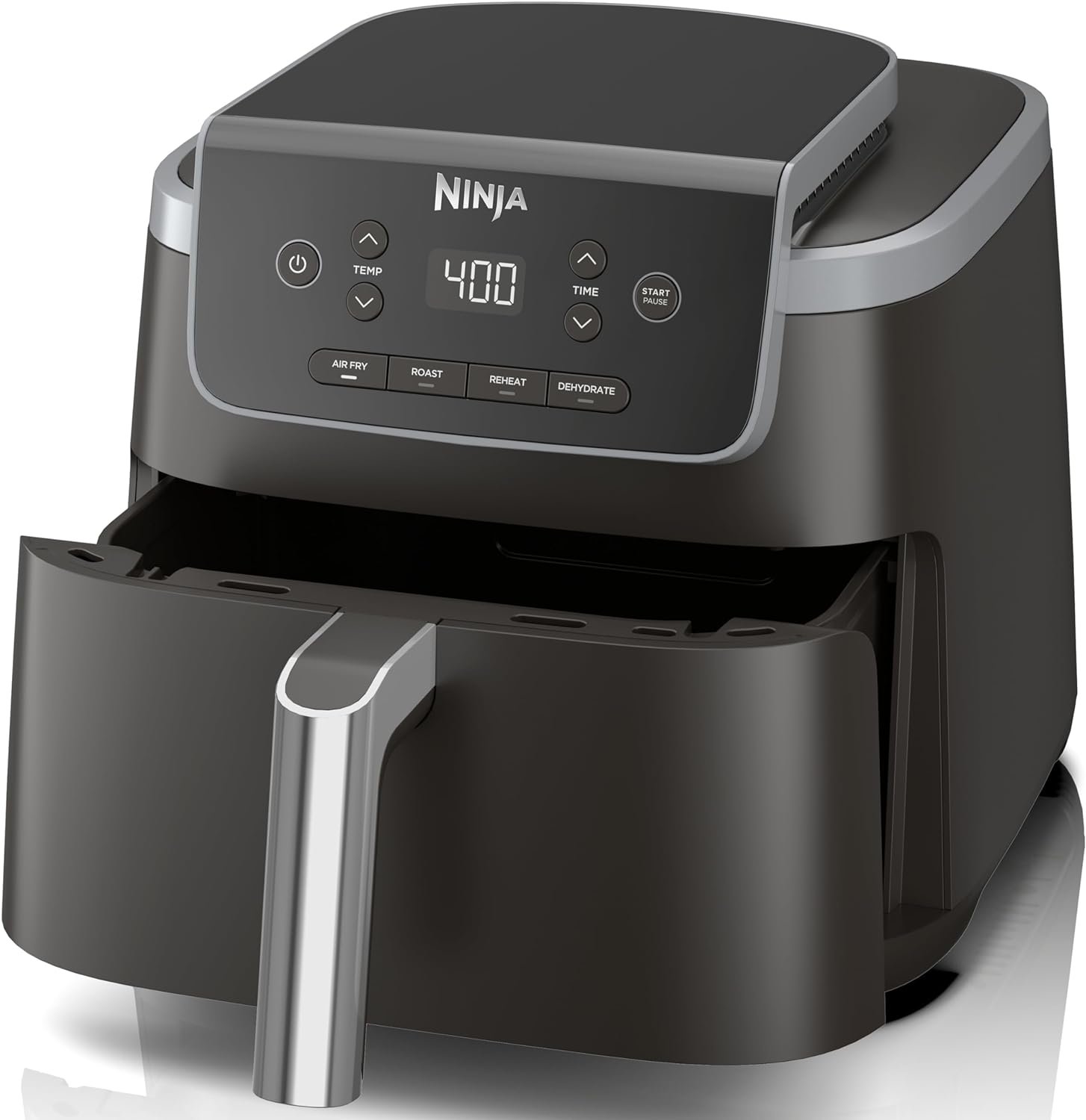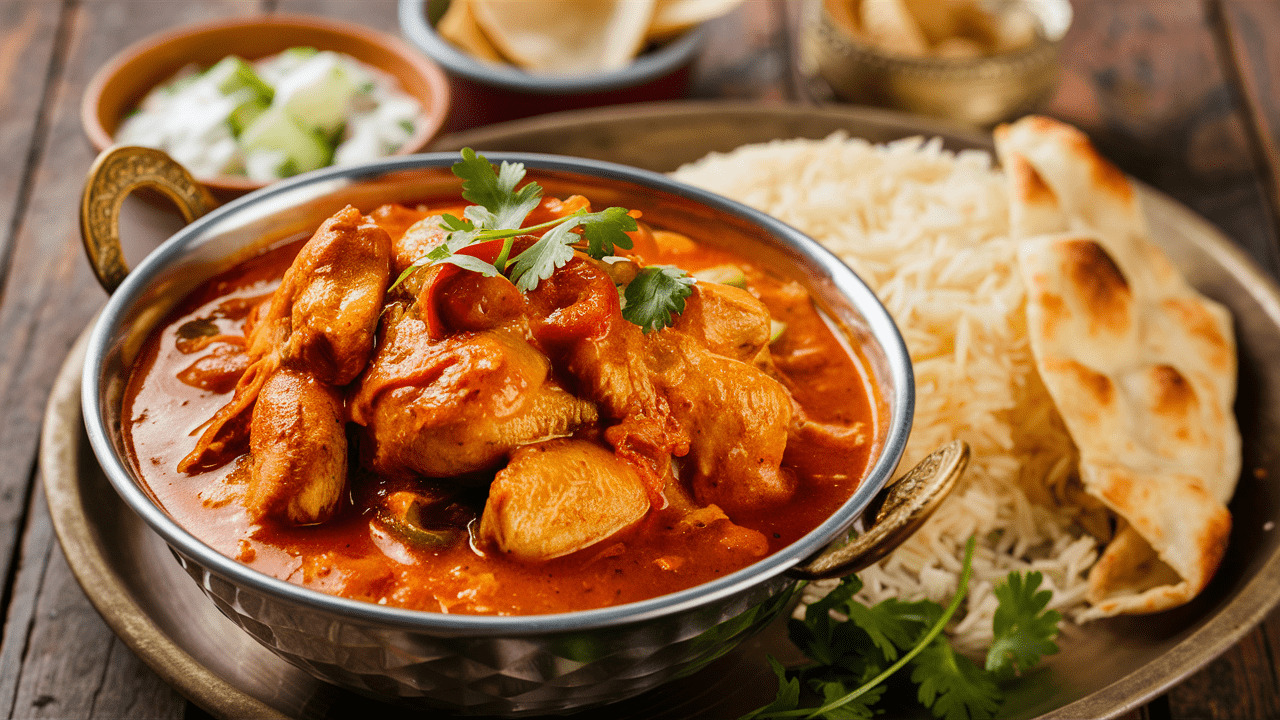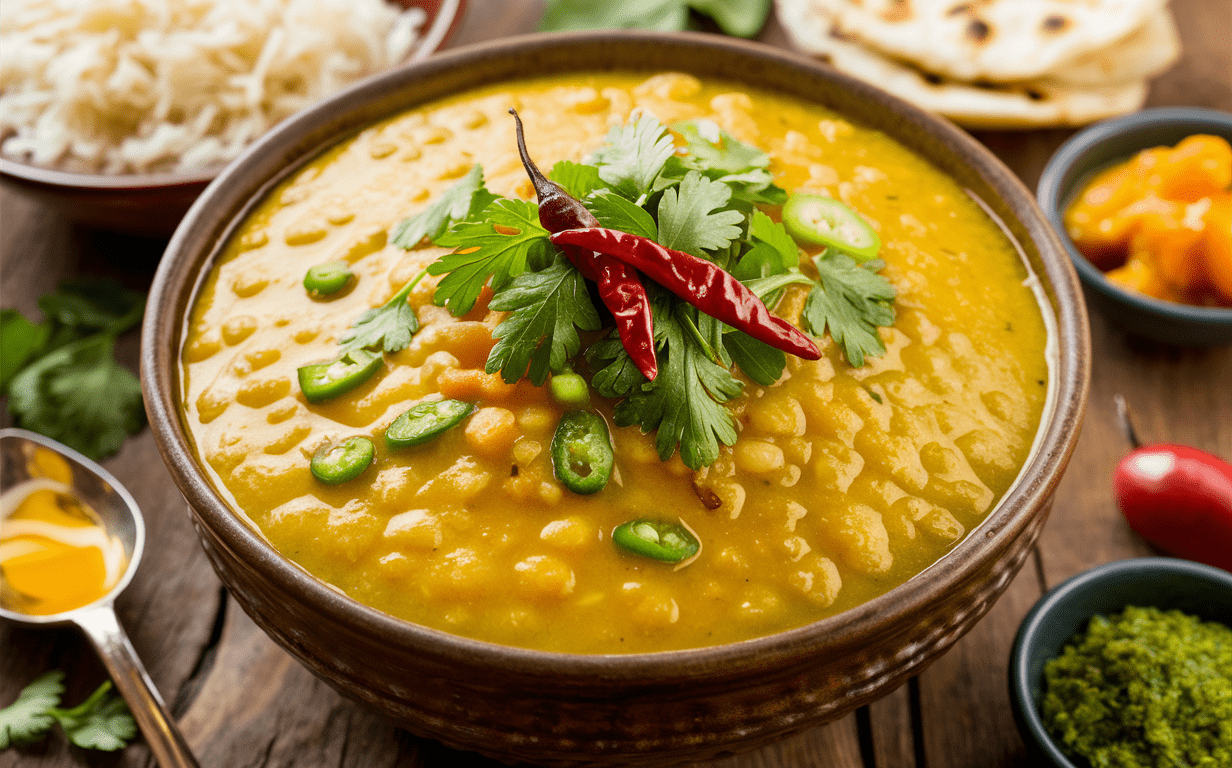Today, we’re cooking up a storm with a hearty Beef Madras recipe. This rich, spicy curry is perfect for those who enjoy a bit of heat in their meals. Tender chunks of beef are slow-cooked in a blend of aromatic spices, creating a dish that’s bursting with flavour. Pair it with basmati rice for a meal that’s sure to impress.
History of Beef Madras
Madras curry, though named after the Indian city of Madras (now Chennai), is actually a creation of Indian chefs in Britain. They crafted this dish to appeal to British tastes, combining traditional Indian spices with a fiery, robust sauce. Over the years, it has become a beloved staple in British curry houses.
Serving Suggestions for Beef Madras Recipe
Beef Madras is best enjoyed over a bed of fragrant basmati rice, which complements the rich flavours of the curry. Add a side of naan bread or crispy poppadoms to scoop up the delicious sauce. A cooling cucumber raita or a simple green salad can balance the heat. For a complete meal, consider serving some mango chutney and lime wedges on the side.
Storing Instructions for Beef Madras
Store any leftovers in an airtight container in the refrigerator. The curry will keep well for up to three days. If you wish to keep it longer, you can freeze it in a freezer-safe container for up to three months. Make sure to label the container with the date.
Reheating Instructions for Beef Madras
To reheat, transfer the curry to a pot and warm it over medium heat, stirring occasionally until heated through. If using a microwave, place the curry in a microwave-safe dish, cover it loosely, and heat on medium power for 2-3 minutes, stirring halfway through. Ensure the dish is piping hot before serving.
Conclusion
We’d love to hear how your Beef Madras turned out! Share your thoughts and any tweaks you made in the comments below. Don’t forget to subscribe to our newsletter for more tasty recipes and culinary tips. Happy cooking!
How to Make Beef Madras
Yum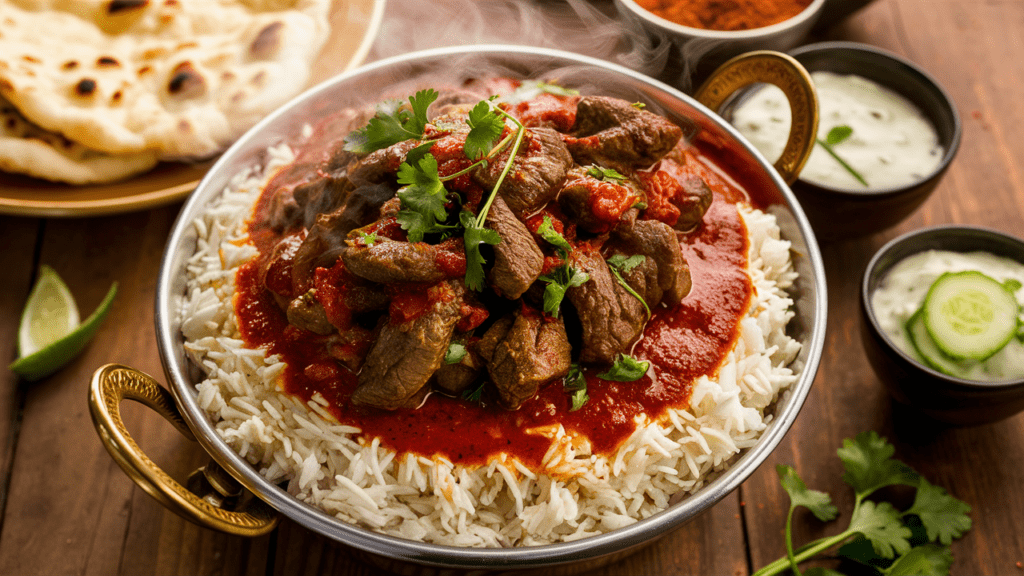
Beef Madras Recipe
Description
Beef Madras is a deliciously spicy curry that features tender chunks of beef simmered in a rich blend of aromatic spices. Originating from the creativity of Indian chefs in Britain, this dish combines traditional Indian flavours with a robust, fiery sauce that has become a favourite in British cuisine. Serve it over basmati rice with naan or poppadoms for a satisfying meal that's perfect for any occasion.
Ingredients
For the Beef
For the Rice
Instructions
Preparing the Curry:
-
Sear the Beef
Heat 2 tbsp of ghee or sunflower oil in a large, high-rimmed pot over high heat. Sear the chuck steak in batches for 3-4 minutes until browned all over. Remove and set aside.
-
Toast the Spices
In the same pot, add cumin seeds and bay leaves. Toast for 1-2 minutes until fragrant.
-
Sauté Aromatics
Add the chopped onion and sauté for about 4 minutes until golden and translucent. Add minced garlic and grated ginger, and sauté for another minute.
-
Add Spices
Stir in ground turmeric, ground cumin, ground coriander, garam masala, Madras curry powder, Kashmiri chilli powder, paprika, and dry Kashmiri chillies (if using). Toast the spices for 1-2 minutes.
-
Combine Ingredients
Add diced tomatoes, tomato puree, mango chutney, tamarind paste, ground fenugreek, ground cinnamon, salt, and black pepper. Mix well and bring to a boil.
-
Simmer the Beef
Return the seared beef to the pot along with any resting juices. Pour in beef stock to just cover the beef. Bring to a boil, reduce heat to medium-low, and simmer for 1.5 hours until the beef is tender and the sauce has thickened.
-
Finish the Curry
Stir in the lime juice and adjust seasoning if necessary. Remove from heat.
Preparing the Rice:
-
Cook the Rice
20 minutes before the curry is set to finish, place washed basmati rice, cold water, and the cinnamon stick in a medium saucepan. Bring to a boil, cover, reduce heat to low, and steam for 14 minutes undisturbed. Turn off the heat and let it sit for 4 minutes before fluffing with a fork.
Serving:
-
Serve and Garnish
Serve the beef madras over steamed basmati rice. Garnish with fresh coriander and serve with naan bread or poppadoms.
Nutrition Facts
Servings 4
- Amount Per Serving
- Calories 350kcal
- % Daily Value *
- Total Fat 15g24%
- Saturated Fat 5g25%
- Cholesterol 75mg25%
- Sodium 480mg20%
- Potassium 700mg20%
- Total Carbohydrate 20g7%
- Dietary Fiber 4g16%
- Sugars 6g
- Protein 28g57%
- Vitamin A 1200 IU
- Vitamin C 15 mg
- Calcium 60 mg
- Iron 4 mg
- Vitamin E 1.5 IU
- Vitamin K 10 mcg
* Percent Daily Values are based on a 2,000 calorie diet. Your daily value may be higher or lower depending on your calorie needs.


